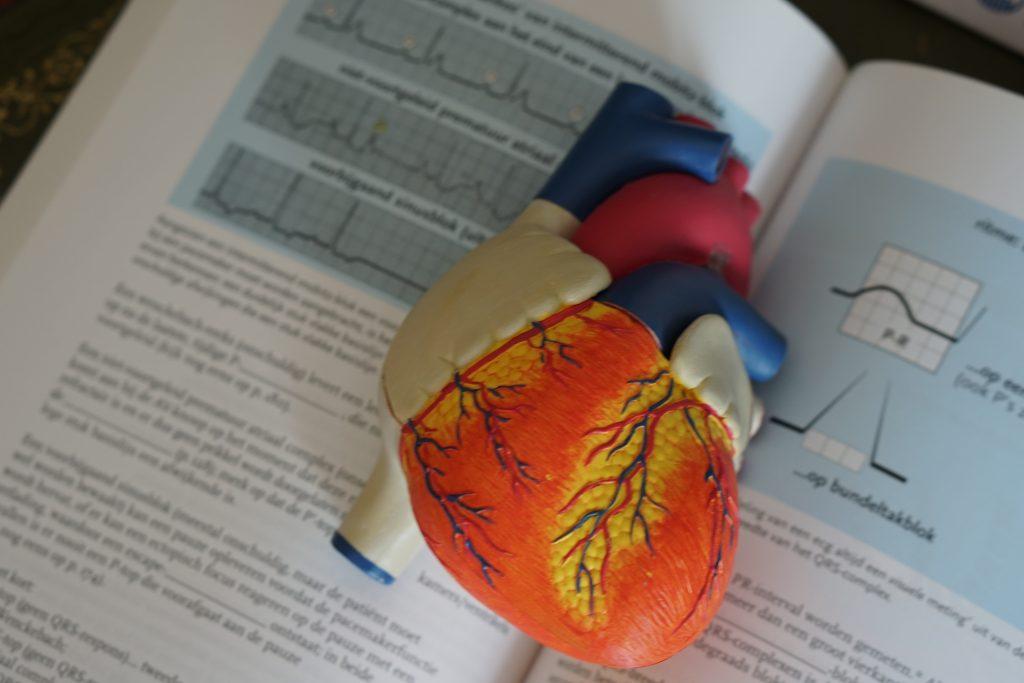High blood pressure, also known as hypertension, is a prevalent health condition that impacts a significant number of individuals worldwide. It is a chronic condition that causes the blood to flow through the blood vessels with excessive force, which puts undue strain on the arteries and the heart. Hypertension often goes unnoticed as it does not cause any symptoms.
Hypertension, commonly referred to as high blood pressure, can lead to serious health issues like kidney damage, stroke, and heart disease if not addressed in a timely manner. However, there are various ways to manage high blood pressure, including self-care practices and natural remedies. By incorporating healthy lifestyle habits and small changes in daily routine, individuals can effectively decrease their risk of complications and enhance their overall well-being.
What Happens When Your Blood Pressure is High?
Hypertension, or high blood pressure, is often asymptomatic, leading it to be dubbed the “silent killer.” To determine if you have high blood pressure, it is necessary to have regular check-ups with a medical professional.
Certain factors can increase your risk of developing high blood pressure, such as age, family history, being overweight, physical inactivity, smoking, excessive alcohol consumption, stress, and certain medical conditions such as diabetes and kidney disease. However, high blood pressure can often be prevented or managed through lifestyle changes, such as those listed in the previous points.
It’s crucial to remember that if you have hypertension, your physician may suggest medication as well as lifestyle modifications to manage your blood pressure and minimize the possibility of complications. It is important to follow your doctor’s advice and take any prescribed medications as directed.
Things To Do To Manage Blood Pressure
1. Regular Physical Activity
Physical activity can help to manage high blood pressure by improving the overall health of the cardiovascular system. Frequent physical activity helps the heart become stronger, which leads to better blood circulation and an improved ability to pump blood throughout the body. In addition, physical activity can help alleviate arterial stiffness that can lead to hypertension.
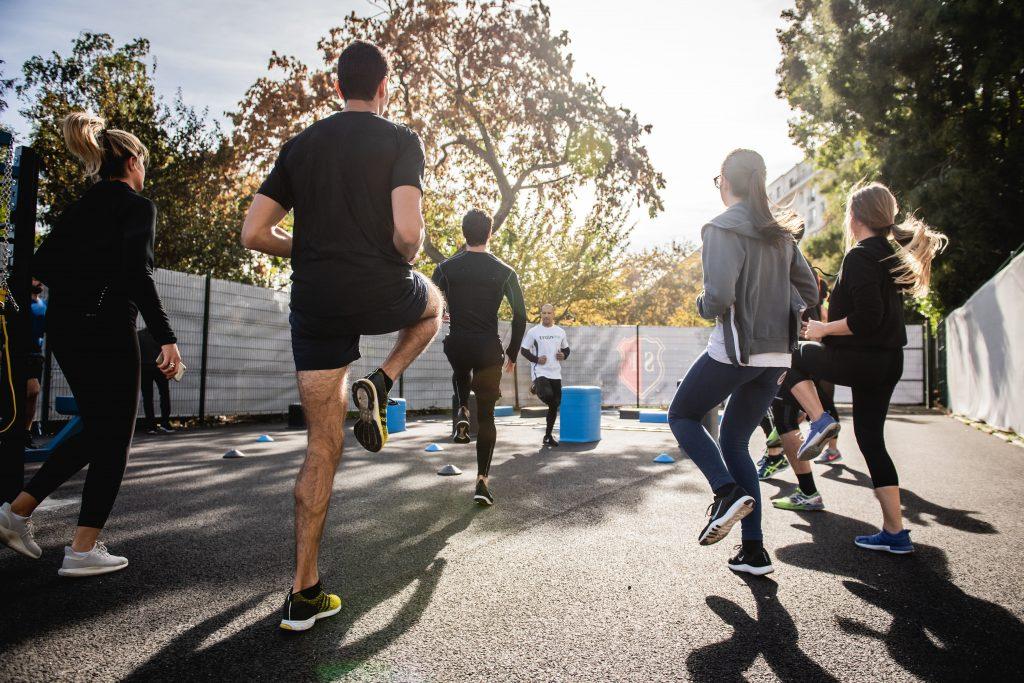
Exercise can also help lower stress levels, which is crucial because stress can cause a temporary increase in blood pressure. The U.S. Department of Health suggest participating in a minimum of 150 minutes of moderate-intensity aerobic activity every week, including activities such as cycling, brisk walking, and swimming.
2. Reduce Sodium Intake
The intake of salt or sodium can lead to fluid retention in the body, thereby increasing blood pressure. To combat this, the American Heart Association advises individuals to limit their daily sodium intake to no more than 2,300 milligrams, which is approximately equal to one teaspoon of salt. It is crucial to be mindful of the sodium content in packaged foods and read their labels attentively as they are often high in sodium. Preparing meals from scratch using fresh ingredients can help you keep your sodium intake under control.
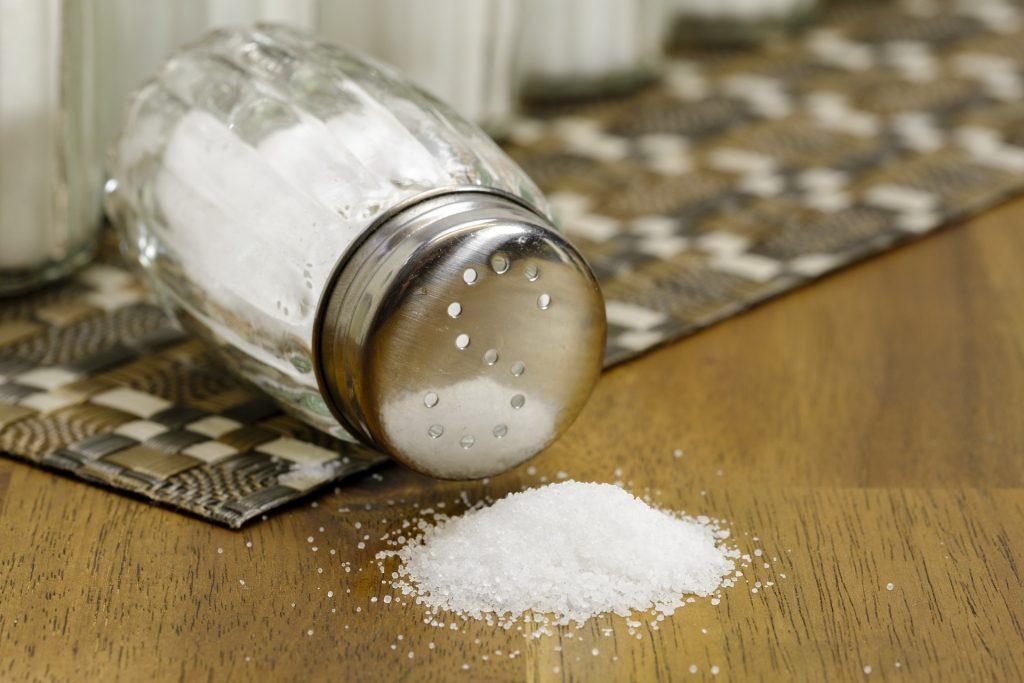
3. Increase Potassium Intake
Potassium is a mineral that can help balance the levels of sodium in your body. Boosting your potassium consumption can be beneficial in reducing blood pressure and mitigating the likelihood of heart problems. Good sources of potassium include bananas, oranges, spinach, sweet potatoes, and avocados. Eating a diet that includes a variety of fruits and vegetables can be an effective way to increase the amount of potassium in your body.
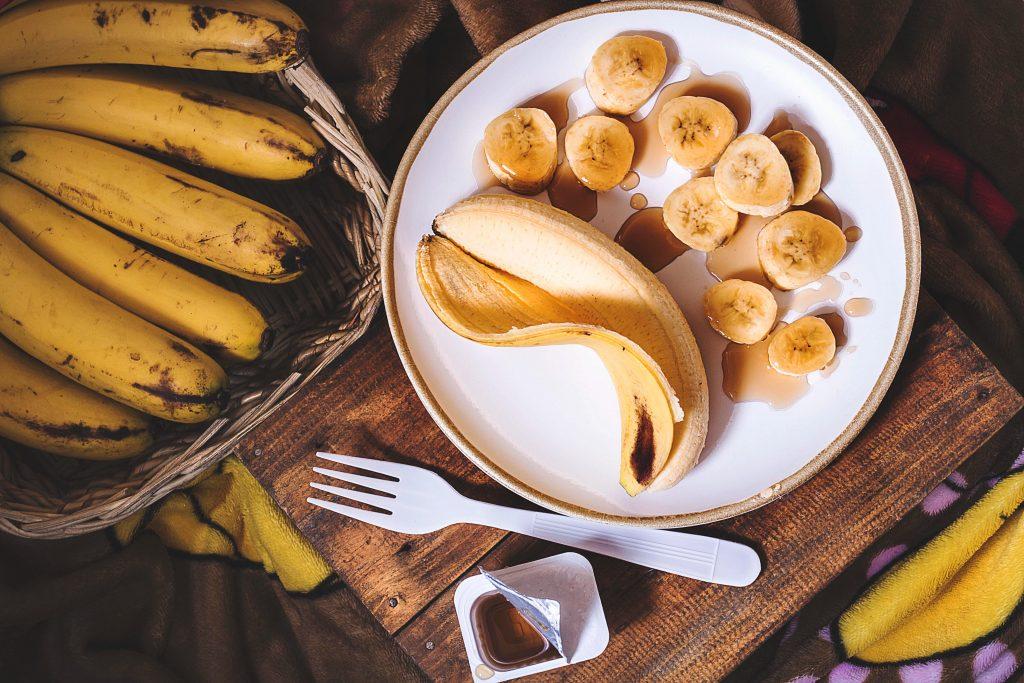
4. Eat a Healthy Diet
A balanced and nutritious diet that consists of a diverse range of nutrient-dense foods such as fruits, vegetables, whole grains, and lean proteins can be helpful in controlling hypertension. Avoid processed foods, which are often high in sodium and unhealthy fats. Instead, choose fresh, whole foods that are nutrient-dense and low in calories. A healthy diet can also help to promote weight loss, which can have a positive impact on blood pressure levels.
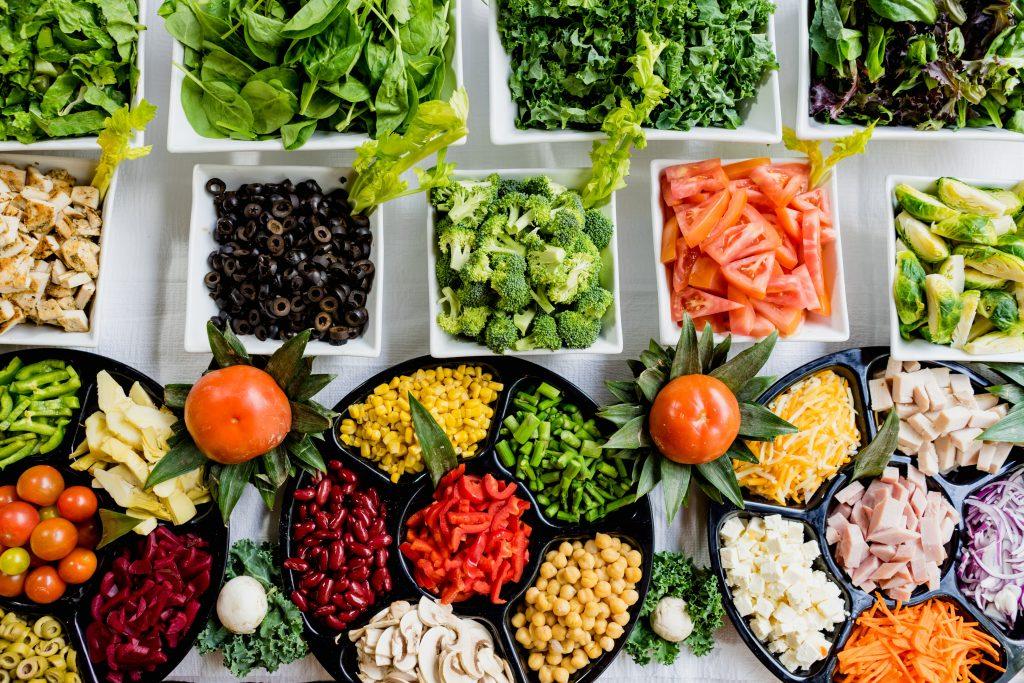
5. Limit Alcohol Consumption
Drinking too much alcohol can cause high blood pressure and increase the likelihood of heart disease. To lower your risk, it is recommended that women limit their alcohol intake to one drink per day, while men should consume no more than two drinks per day. One standard alcoholic drink can be equivalent to a bottle of beer (12 oz), a glass of wine (5 oz), or a shot of spirits (1.5 oz).

6. Maintaining Healthy Stress Levels
High levels of stress can cause temporary spikes in blood pressure, so it is important to manage stress effectively. Techniques such as exercise, meditation, deep breathing, and spending time with loved ones can all help to reduce stress levels. Regular practice of mindfulness and relaxation techniques can lower blood pressure and enhance overall health.

7. Quit Smoking
Smoking can harm blood vessels, elevate the risk of heart disease, and lead to hypertension. Quitting smoking is a crucial step towards enhancing your overall well-being. Your doctor can recommend various strategies to help you quit smoking such as nicotine replacement therapy, counseling or prescription medications.
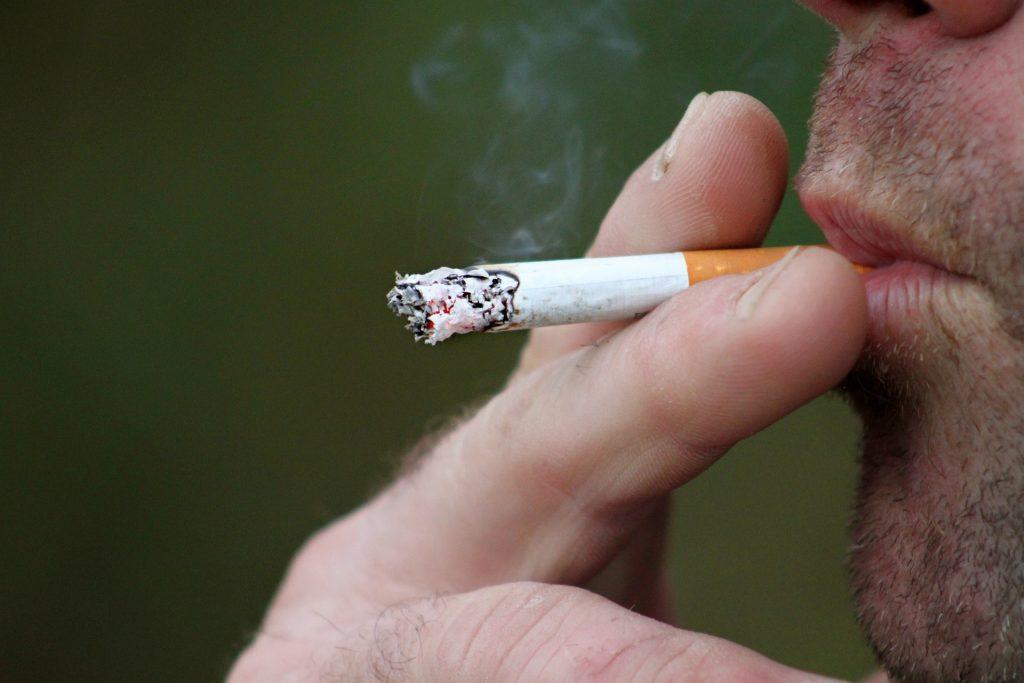
8. Manage a Healthy Weight
Maintaining a healthy weight is crucial to controlling high blood pressure. Being overweight puts extra pressure on the heart and increases blood pressure. A healthy diet and regular exercise are essential to losing weight and reducing the risk of heart disease and other health issues.

9. Get Enough Sleep
Sufficient sleep is important to manage high blood pressure. To manage high blood pressure, it is advised to have a consistent sleep schedule and aim for 7 to 8 hours of sleep per night. A relaxing bedtime routine can also aid in achieving better sleep quality. Furthermore, avoiding the intake of caffeine, alcohol, and nicotine before bedtime can contribute to better sleep quality and assist in managing high blood pressure.

10. Monitor Your Blood Pressure
Regularly monitoring your blood pressure at home can help you keep track of your progress and make any necessary adjustments to your self-care routine. Your healthcare provider can suggest a device to monitor your blood pressure and provide instructions on its proper use.
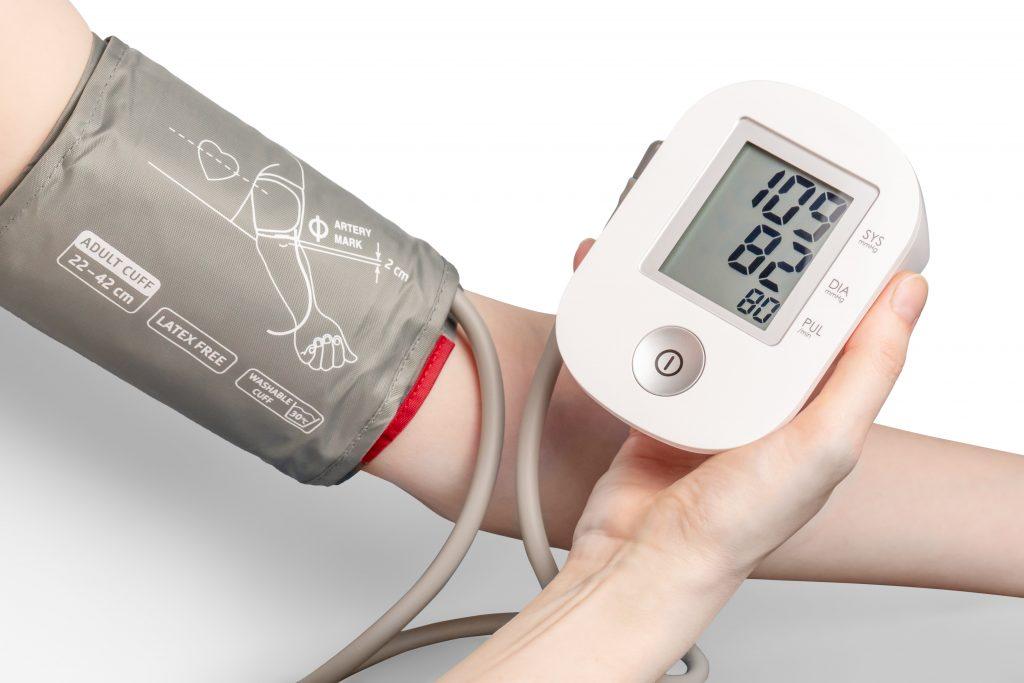
Hypertension Self-Care is Important
Hypertension self-care is an essential part of managing high blood pressure. By incorporating healthy habits into your daily routine, such as regular exercise, a healthy diet, and stress management techniques, you can help lower your blood pressure and reduce your risk of heart disease and other health problems. Remember to monitor your blood pressure regularly, and if you have any concerns or questions, speak to your doctor. Together, you can work to manage your blood pressure and improve your overall health.
